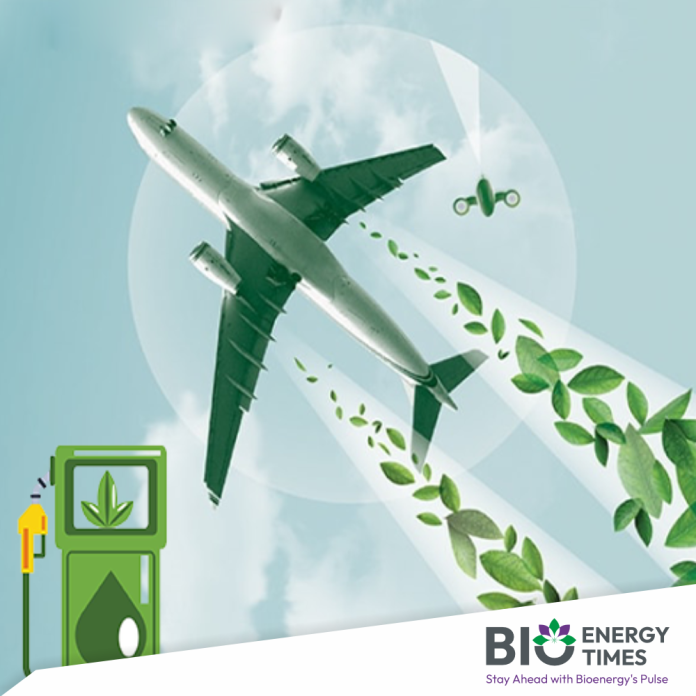Britain’s busiest airports are today leading a new campaign to increase the level of domestic Sustainable Aviation Fuel production by next year. Heathrow, Gatwick, Manchester, and Stansted airports are the first to sign the pledge ‘Back British SAF’, calling for urgent government action to pave the way for investment in the industry. The appeal has been made to businesses, unions, and politicians across the UK, reports ADVANCE.
Pushing the Government to accelerate the Sustainable Aviation Fuel (Revenue Support Mechanism) Bill would be a key objective. This will help meet the ambition of five SAF plants under construction by next year. Back British SAF is part of a combined effort by RISE–a coalition of airlines, airports, and fuel producers–to keep developments underway to forge the UK into a leading international player.
Heathrow CEO Thomas Woldbye emphasized the importance of domestic SAF production, stating that Heathrow aims for 11% SAF use by 2030. He urged the government to bring forward the bill, warning that Britain risks missing out on the benefits of a homegrown SAF industry, which would create jobs and enhance energy security. “There’s a huge opportunity for Britain here – let’s not lose it,” he added.
Stewart Wingate, CEO of Gatwick, noted that while Gatwick’s infrastructure is ready to supply SAF, limited availability is hampering airlines. He called on the government to work with industry leaders to boost domestic production.
Ken O’Toole, CEO of Manchester Airports Group, which owns Manchester, London Stansted, and East Midlands airports, highlighted the potential economic growth and job creation a UK-based SAF industry could bring. He stressed the need for legislation to give investors confidence, saying, “Bringing forward the SAF revenue support mechanism into law would create thousands of jobs and secure an affordable future of flying.”
The UK, with the third-largest aviation sector globally, employs over 536,000 people. SAF, made from waste materials and other feedstocks, is seen as essential for reaching the industry’s net-zero goals by 2050. Research shows SAF can reduce carbon emissions by up to 70% and is currently the only viable solution for medium and long-haul flights.
A spokesperson for RISE warned that demand for SAF is growing rapidly worldwide, with countries like the U.S. and those in the EU leading the charge in attracting investors. “We need to act now or risk losing out altogether,” the spokesperson said.
A British SAF industry could add £1.8 billion to the economy by 2030 and create 60,000 jobs by 2050. The government’s mandate for SAF use is set to begin in January 2025, but no timeline has been announced for the introduction of the necessary legislation.
To read more about Sustainable Aviation Fuel Industry News, continue reading BioEnergyTimes.com















